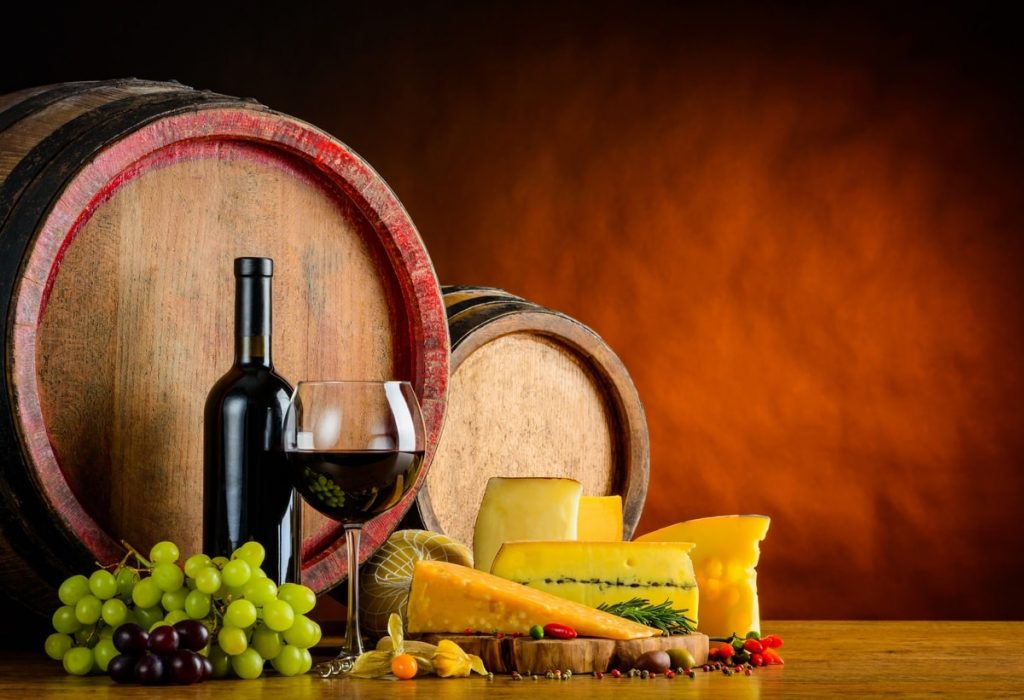Mexico is part of the so-called “Lisbon Agreement”, a multilateral treaty whose objective is the mutual and reciprocal recognition and protection of the GEOGRAPHICAL INDICATIONS of the signatory countries. The European Union-Mexico Free Trade Agreement (TLCUEM) and the Agreement on Trade Related Intellectual Property Rights (TRIPS) also impose obligations on the matter.
Under these important international agreements, designations of origin such as “Rioja”, “Champagne”, “Roquefort” or “Cognac”, have managed to preserve an aura of exclusivity that ensures its users a privileged position in the world market.
France has more than 550 protected designations of origin and exclusively companies authorized to use them can make and market products with the protected designation. This represents, as it is easy to infer, a remarkable competitive advantage, not only against national competitors but especially against foreigners.
There is a growing global trend to value, recognize and consume products of the so-called “ethnic value”, that is, products of origin
In the value composition of each product sold with Denomination of Origin, it represents 30% of the final price, compared to 12% representing the manufacturer’s brand.
Denominations of Origin

In the case of Tequila, for example, the average annual growth in sales reaches 8% compared to 1% before its recognition (1974).
The protection of GIs becomes a factor of integration of producers in an area, and a trigger for high added value production chains.





